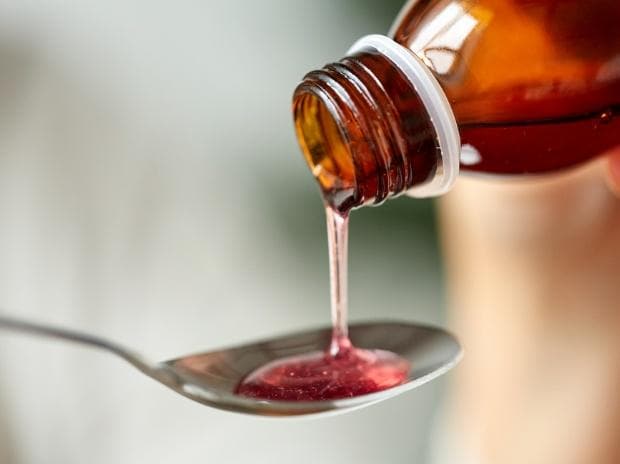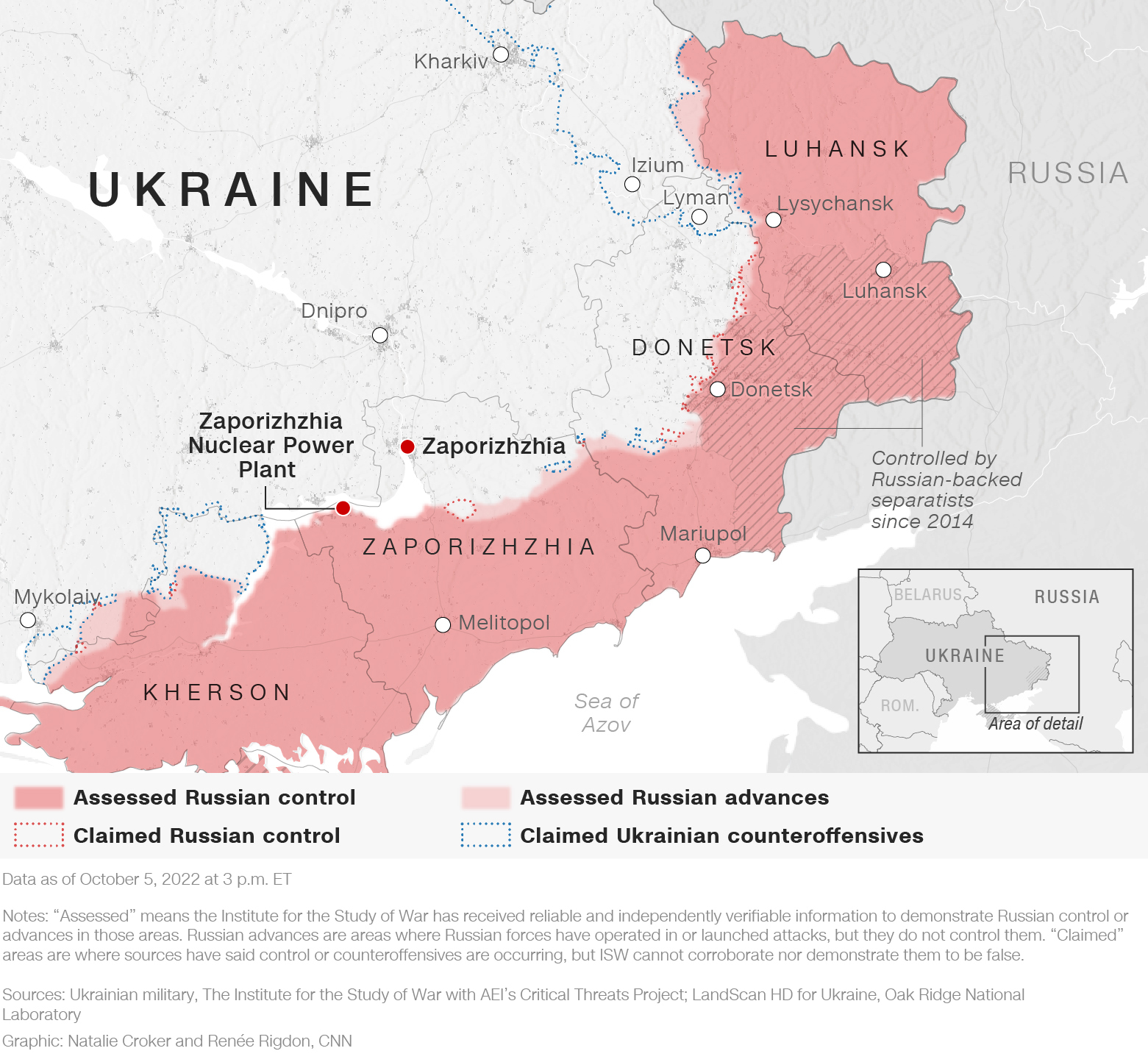After Gambia, it is now Uzbekistan that has alleged that children in that country have died after consuming medicines manufactured by an Indian drug firm.
The Union Health Ministry did not immediately respond to queries.
According to reports by an Uzbek news website AKI.com, anti-cold medicine brand Dok-1 Max, manufactured by Noida-based Marion Biotech, is allegedly behind the deaths of as many as 18 children. Uzbekistan’s Health Ministry has said that samples of Dok-1 Max contained ethylene glycol. Dok-1 Max syrup and tablets are used as anti-cold medication.
Ethylene Glycol is a toxic substance found in industrial grade glycerine, and is not permitted for medicinal purposes. Consuming ethylene glycol can lead to convulsions, renal failure. The substance affects the circulatory system, and causes vomiting, among other things
An email sent to Marion Biotech did not elicit an immediate response.
Marion Biotech’s website says that Dok-1 Max tablets are prescribed for productive cough, throat congestion, blocked nose, sore throat, sinusitis, headache, body-ache, and fever associated with cold and flu.
The company website also mentions that this drug may have contraindications for those who have “Hypersensitivity to any of the component of product; glaucoma; patients receiving monoamine oxidase inhibitors preparations and patients with liver disorders. It is contraindicated in children below 12 years”.
The Marion Biotech website further mentions that the drug is a combination of three medical ingredients – paracetamol (analgesic and antipyretic), guaigenesin (expectorant) and Phenylephrine Hydrochloride, which helps reduce nasal congestion.
Marion Biotech has a plant in Noida and caters to the domestic and global markets. It could not be immediately verified if this particular drug Dok-1 Max is sold in India.
The development in Uzbekistan comes within months of the one in Gambia where the World Health Organization (WHO) flagged off that the cough syrups made by Maiden Pharmaceuticals were contaminated, leading to the deaths of 70 children.
In the controversy that ensued, Indian regulators stopped production at Maiden Pharma’s Sonipat site and collected samples from there. However, earlier this month the Drugs Controller General of India (DCGI) said the samples were not found to be contaminated and wrote a strongly-worded letter to the WHO, saying that it established a ‘premature’ link between the two incidents.
The WHO, however, stood firm and said that WHO-contracted laboratories in Ghana and Switzerland tested the suspected cough syrups from The Gambia and confirmed excess levels of ethylene glycol and diethylene glycol.
Maiden Pharma’s plant is yet to resume operations as the Indian drug regulator found it to be non-compliant with good manufacturing practices (GMP).
Meanwhile, the Central Drugs Standard Control Organisation (CDSCO) has started inspecting identified drug making units jointly with state authorities across India. The idea of the joint inspection is to ensure the safety, efficacy, and quality of drugs available in the country, the Union Ministry of Health said on Tuesday.
A committee of two joint drug controllers has been constituted at the CDSCO headquarters to monitor the process of inspection, reporting, and subsequent action to ensure compliance with the Drugs and Cosmetics Act, 1940, and Rules, 1945, the statement said. This will ensure high standards of quality compliance with respect to drugs manufactured in the country, it added.
Sources in the state FDAs indicate that already some units inspected were found to be flouting GMP norms and have been sent show-cause notices.
Note:- (Not all news on the site expresses the point of view of the site, but we transmit this news automatically and translate it through programmatic technology on the site and not from a human editor. The content is auto-generated from a syndicated feed.))




Thank you for your sharing. I am worried that I lack creative ideas. It is your article that makes me full of hope. Thank you. But, I have a question, can you help me?
Your article helped me a lot, is there any more related content? Thanks!
When the usual traffic drops and during particulars,
in google search results, physics syllabusyou need find out the reason for this.
my homepage: physics syllabus